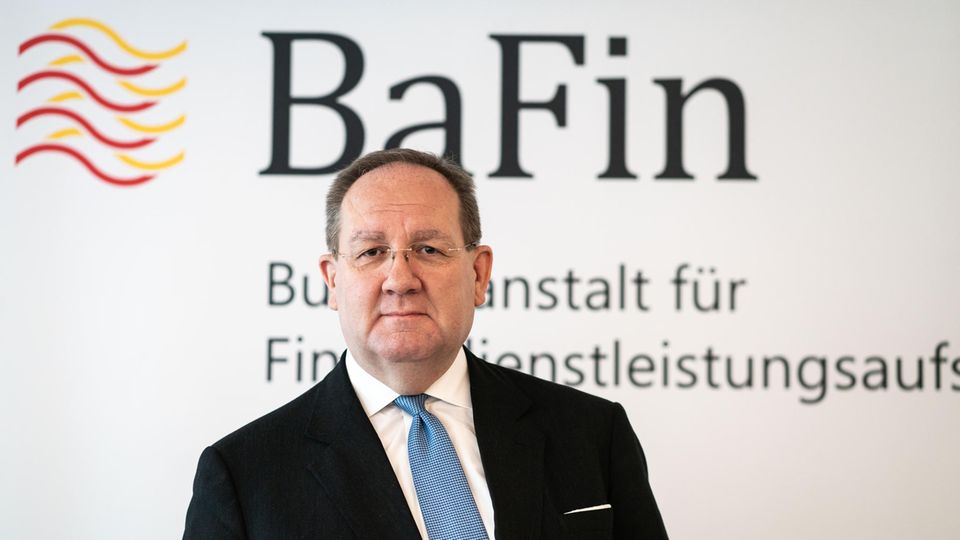Wirecard
According to media reports, Jan Marsalek worked for Russian secret services for years
A search call for Jan Marsalek, ex-sales director of the Dax group Wirecard, which collapsed in 2020
© Daniel Bockwoldt / DPA
One of the biggest economic scandals in the Federal Republic is likely to grow into a case of espionage. At the center of this is Jan Marsalek, a former board member of Wirecard.
Marsalek is then said to have worked for Russia’s domestic secret service, the FSB. According to Austrian investigation files, he was part of an “intelligence cell” in the Federal Office for the Protection of the Constitution and Combating Terrorism (BVT) in Vienna, writes the “Standard”.
Jan Marsalek in connection with the Wagner troupe
The cell is said to have spied for Russia under the guidance of Marsalek, who was born in Vienna. A large number of people were spied on, who were often conspicuously “related to the interests of the Russian Federation,” as the “Standard” reports with reference to confidential investigation files.
“The research suggests that Marsalek used his own networks to spy on people in Europe who were unpopular with the Kremlin and may have transmitted sensitive information to Russia,” says the ZDF report. Journalists living in Europe, for example, were affected. According to reports, British prosecutors accuse Marsalek of having controlled a ring of agents in London as late as 2023.
Marsalek is also said to have been in Syria with Wagner mercenaries in May 2017, where they fought against jihadists together with Russian and Syrian troops.
“For years, as a board member of a DAX company, he apparently built up a spy network undisturbed,” writes “Spiegel”. “There are many indications that Marsalek also involved Wirecard in Russian secret service activities. That money was laundered and mercenaries were paid through the company.”
Special investigator called for
As the media continues to report, Russian authorities are said to have helped Marsalek assume a new identity after his escape in 2020. Marsalek posed as a Russian Orthodox priest in Crimea in September 2020. Marsalek’s lawyer did not comment on the allegations. A spokesman for the federal government said on Friday that he could not provide any information about the case.

In response to the allegations against Marsalek, the chairman of the Parliamentary Control Committee (PKGr), Konstantin von Notz (Greens), called for a special investigator to be appointed. The research very likely showed that “this is a Russian espionage influence operation, and I could well imagine that they would try to get to the bottom of these questions with a special investigator,” von Notz told ZDF.
“Because this is such a relevant security question for other DAX companies, for the German economy, for German politics,” there is an obligation to “look very closely and really investigate now,” said von Notz.
Office furniture, fitness equipment, coffee kitchen
Here you can auction off the sad remains of Wirecard
The deputy PKGr chairman Roderich Kiesewetter (CDU) was convinced that Marsalek had been a Russian agent for years: “It gives the impression that this is a broad-based Russian intelligence operation,” said Kiesewetter on ZDF. Wirecard was designed to “obtain information and, on the other hand, to specifically disrupt trust in the financial market.”
Marsalek has been on the run since the payment company Wirecard went bankrupt in June 2020 and is wanted internationally. He is believed to be in Russia. The insolvency of the former DAX group is considered one of the biggest economic scandals in the Federal Republic of Germany.


